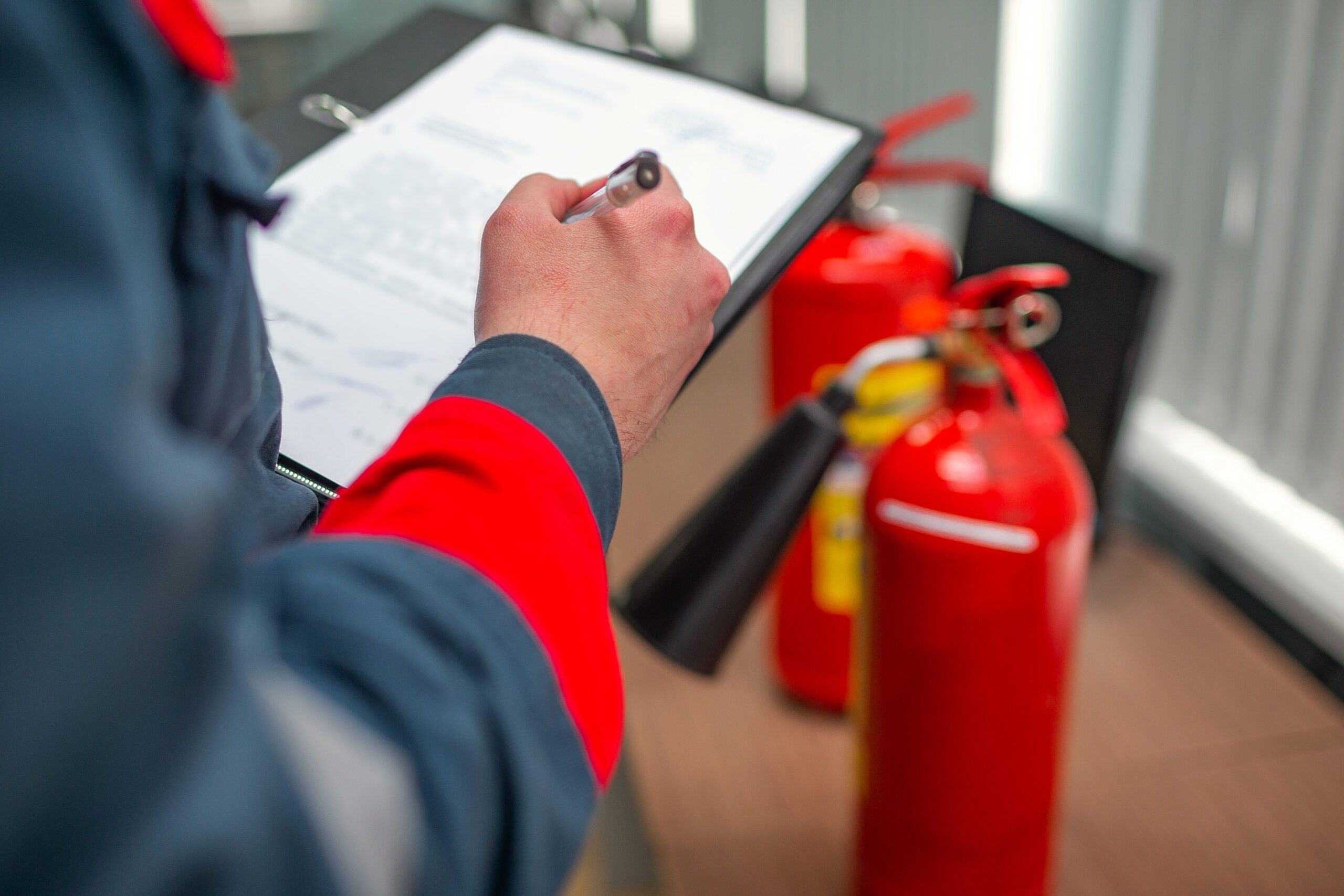Fire Safety Advisors (FSA) in Queensland: What are their duties, and do I need one?

Fire safety is a critical concern for businesses across Queensland, particularly for those operating in high-risk environments. Appointing a Fire Safety Advisor (FSA) is not just best practice but a legal requirement for certain types of buildings. The FSA’s role is integral to ensuring compliance with fire safety regulations and protecting both lives and property.
In this article, we’ll explore the role of an FSA, the training needed to become one, and the legislative requirements associated with the position.
What is a Fire Safety Advisor?
A Fire Safety Advisor (FSA) is a suitably qualified person responsible for advising on fire safety measures and ensuring compliance with Queensland’s Building Fire Safety Regulation 2008. The FSA’s role is vital in ensuring that appropriate risk management is applied in high-occupancy environments.
To qualify as an FSA, individuals must complete an accredited training course that aligns with the standards set by the Queensland Fire Department (QFD). Further information on the role of FSAs can be found on the QFD’s website here.
Do I Need to Appoint a Fire Safety Advisor?
FSAs are generally required for the following workplaces:
- Buildings where 30 or more workers are employed within most building classes.
- Class 2 or 3 buildings greater than 25 meters in effective height.
- Any licensed premises deemed high-risk by the QFD Commissioner.
Fire Safety Advisor (FSA) Training Overview
FSA training is designed to equip individuals with the knowledge and skills necessary to fulfill their role in line with Queensland’s fire safety regulations. The training covers essential areas such as fire prevention, emergency response planning, evacuation procedures, and compliance with relevant regulations across various settings, including workplaces, buildings, and facilities.
A Fire Safety Advisor must hold an approved building fire safety qualification issued within the last three years. The training consists of eight units of competency within the Australian Quality Training Framework, which include:
- PUAFER001: Identify, prevent, and report potential facility emergency situations.
- PUAFER002: Ensure facility emergency prevention procedures, systems, and processes are implemented.
- PUAFER003: Manage and monitor facility emergency procedures, equipment, and other resources.
- PUAFER004: Respond to facility emergencies.
- PUAFER005: Operate as part of an emergency control organisation.
- PUAFER006: Lead an emergency control organisation.
- PUAFER007: Manage an emergency control organisation.
- PUAFER008: Confine small emergencies in a facility.
These competencies cover critical aspects of fire safety, including legal requirements, risk assessment, emergency response planning, fire prevention measures, training, communication, and equipment familiarity.
Key Responsibilities of a Fire Safety Advisor
The FSA plays a crucial role in maintaining fire safety within a building, covering several important duties:
- Collaborate with occupiers to develop and review the Fire and Evacuation/Emergency Plan.
- Monitor and advise on the building’s fire safety installation maintenance and records, addressing any discrepancies.
- Liaise with fire service personnel during inspections, ensuring access to maintenance records and relevant documentation.
- Establish and manage the Emergency Control Organisation (ECO), including coordinating evacuation practices and providing evacuation instructions.
- Advise occupiers on regulatory compliance activities and perform the role of Evacuation Coordinator when necessary.
Additionally, FSAs are responsible for offering first-response evacuation instructions, liaising with occupiers for fire safety plan development and reviews, and monitoring compliance with fire safety installations.
Do You Still Need Fire Wardens with an FSA?
While a Fire Safety Advisor offers broad expertise, dedicated Fire Wardens as part of the broader ECO remain essential for managing site-specific fire safety needs. The combination of an FSA and a dedicated ECO ensures comprehensive fire safety coverage within a building. Additionally, all employees should be familiar with basic workplace safety guidelines to help eliminate fire hazards.
What If I Don’t Have an FSA in Place?
Responsible persons have two options to appoint an FSA:
- An employee/occupant can undertake the accredited training required to become an FSA and fulfill these functions.
- An external consultant, such as FireReady Australia, can act as the FSA on your behalf, providing site-specific solutions and taking the stress out of meeting complex standards and regulations.
Conclusion
In Queensland, the role of a Fire Safety Advisor is indispensable for businesses, particularly those operating in high-risk sectors. Compliance with the regulations is a legal necessity that not only protects lives but also promotes the resilience of your business.
By appointing a qualified FSA and ensuring comprehensive training, you can be confident that you are prepared for any fire-related emergency and fully compliant with fire safety regulations.
Need a Fire Safety Advisor for your site? Contact us for a no-obligation quote TODAY! Our experienced and passionate consultants are ready to work with you to promote
life safety first, before it’s too late!
